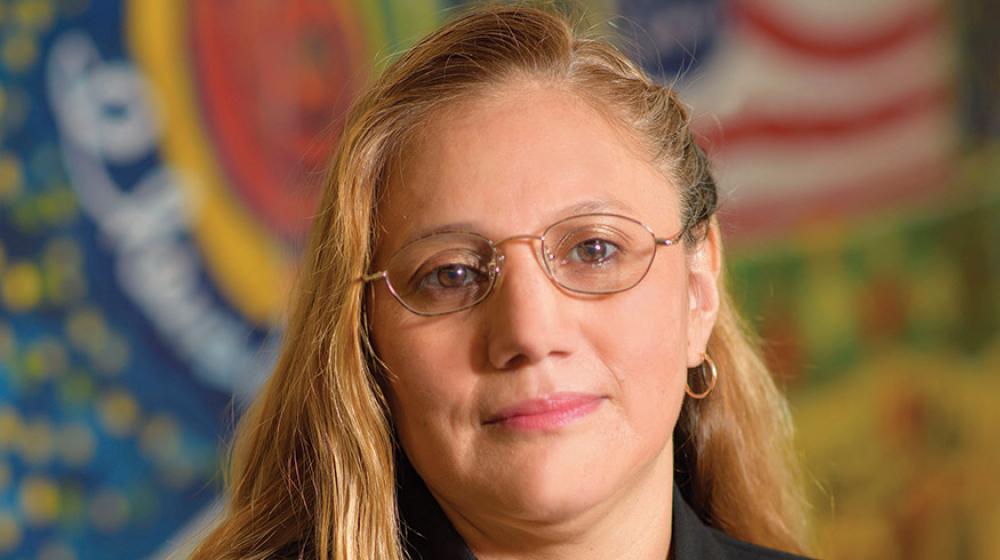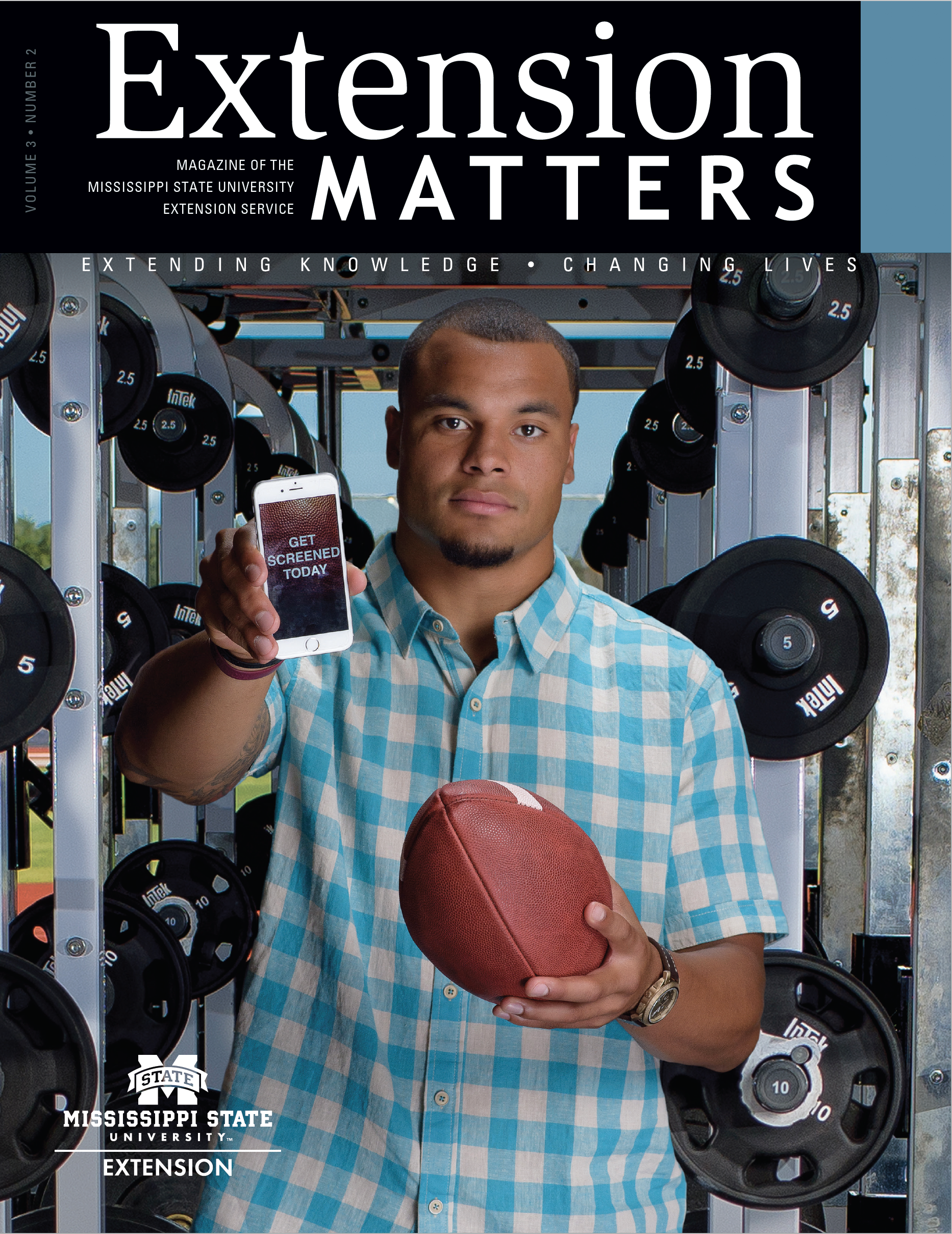Working in America

Melania Roque, Mujeres Unidas participant
Extension serves Spanish-speaking population
Sometimes, starting somewhere new is the best way to make a life change. In 2006, that’s exactly what Melania Roque did.
The Nicaraguan native’s life had never been easy. She didn’t go to school because, as a child, she assisted her single mother by working to help support her younger siblings. Once Roque was older, she married and had three children, but her husband left, and one of her children died.
Then, Roque discovered that companies were hiring people from the Central American country to come to Biloxi and help clean up the Mississippi Gulf Coast following Hurricane Katrina’s landfall in 2006.
She knew her chance had come. “I decided to come to this country to work and help my daughters get in school and have a better future,” she explains in Spanish, translated to English by Xenia Wickline, a Board of Immigration Appeals-accredited representative and community advocate. “It was very difficult, but I had to do it because I’m a single mom.”
Years passed as Roque worked in Biloxi. However, because she comes from a culture with different norms, living in Mississippi was challenging, at least at first, she explains.
In 2013, Roque discovered El Pueblo. The organization offers national immigration legal services, including employment authorization and naturalization, as well as citizenship education.
Through El Pueblo, Roque learned about Mujeres Unidas, or Women United, an education service for Hispanic and Latina women. Course content is delivered through a partnership between Wickline and Kim Gowdy, a Harrison County Extension agent with the Mississippi State University Extension Service.
Learning Together
Mujeres Unidas lessons are based on topics that participants identify, such as U.S. job skills and Mississippi cultural norms. Gowdy and Wickline rely on a bilingual partnership to teach their adult learners practical, research-based information directly related to their needs.
Naturally, both women were apprehensive about overcoming the language barrier at first. However, they agreed to give it a try because the audience—Spanish-speaking women who want to adapt to U.S. culture—needs a safe, open environment to learn.
“This program is not about me; it is about the women,” Gowdy asserts. “This program lets me feel comfortable to engage with other moms, share the same issues and concerns, and laugh and cry with each other.
“To me, the expressions of love, sincerity, hurt, and laughter are universal, and it does my heart good to see these women grow as self-sufficient women in America.”
Wickline says Gowdy always sends the lesson in English a few days before the class so Wickline can translate it and research any areas with which she’s not familiar.
“The expert is Kim, but I need to understand everything Kim is teaching so I can explain later in simple words,” Wickline explains. “When we start talking, it just comes naturally. We have like personalities, and, for 5 years, it’s been working for us and for these women.”
Making a Difference
Roque emphasizes the class content’s relevance to her life. One of the most powerful lessons she completed focused on teaching parents to identify whether their children are being bullied in schools. Also, she participated in an entrepreneurship class that enabled her to begin a small business.
“I like to come to this group because they have a lot of information about Mississippi. I feel safe here; they teach me, and I can share my feelings and ask questions,” Roque says. “They don’t judge me. Kim is wonderful, and I’m glad Xenia translates for us. We learn good information here.”
Roque confirms that Mujeres Unidas offers a safe, accepting environment that offers both encouragement and education. Such an atmosphere has enhanced her ability to succeed in American culture, Wickline says.
“Melania is her own boss,” Wickline reveals. “With these classes, she learned how to run her own business. She cleans houses now and knows the basics of living her life here. She’s empowering her daughters to do what she’s doing.”
Roque has earned three diplomas from Mujeres Unidas; she has enrolled and completed the course work every year since 2014. She has started working on 2017 classes, and she encourages other women to join Mujeres Unidas.
“I just want to say, ‘Thank you, Kim and Xenia, for the support that you give us and for all the women who are coming to this country to work hard,’” Roque says. “I recommend this group to other ladies, especially if they’re single moms. Our cultures are not the same, but they’re very similar. This environment is very good.”


